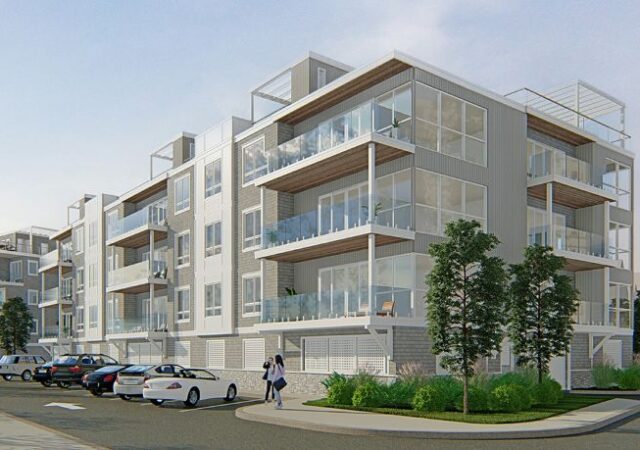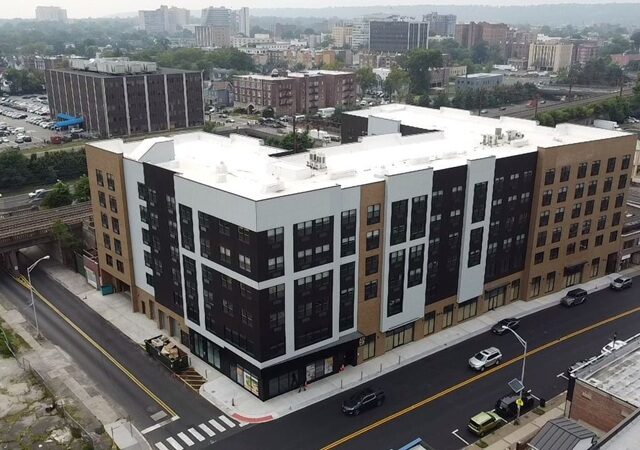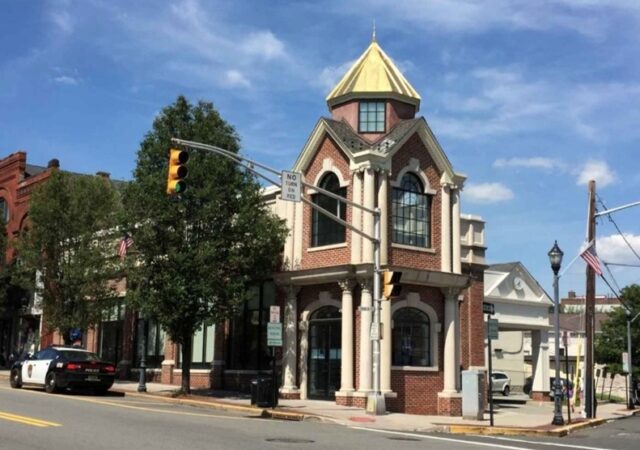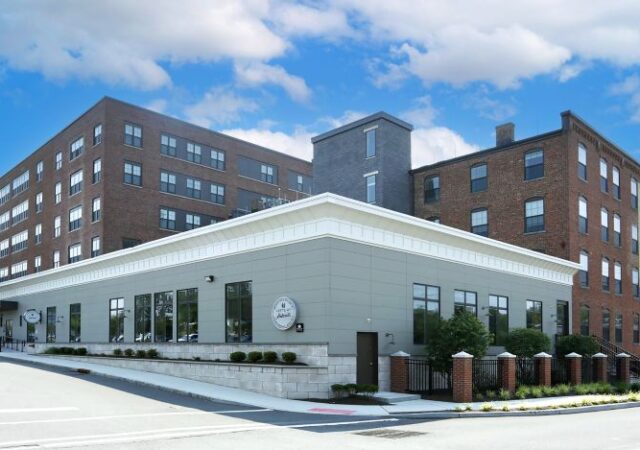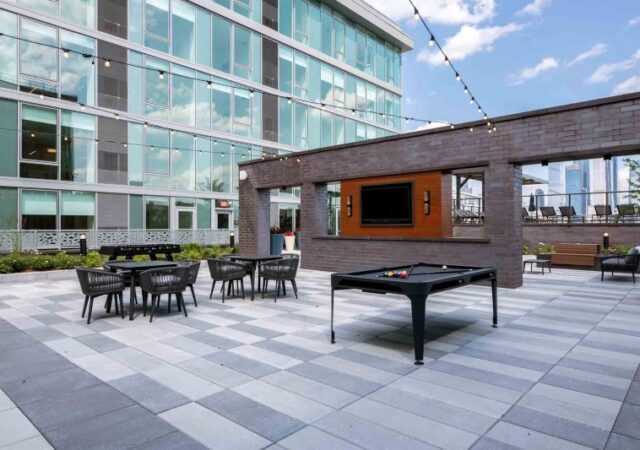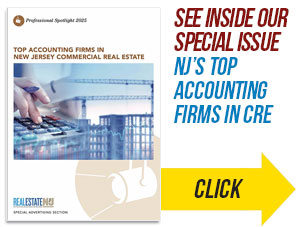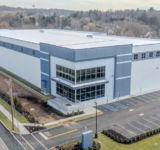Denholtz is looking to sell a shovel-ready development site in Sea Bright that would allow for 15 luxury condominiums along the Shrewsbury River, according to a listing team with JLL.
Going global: Inside the growth of Asian logistics firms in New Jersey’s industrial market
Asia-based third-party logistics firms have played an increasingly important role in New Jersey’s industrial sector, creating new demand and helping to fill excess inventory after a recent surge in speculative construction. How those firms will be impacted by outsized tariffs and the U.S. trade war with China remains to seen, but developers are optimistic about what is now an established class of tenants.

